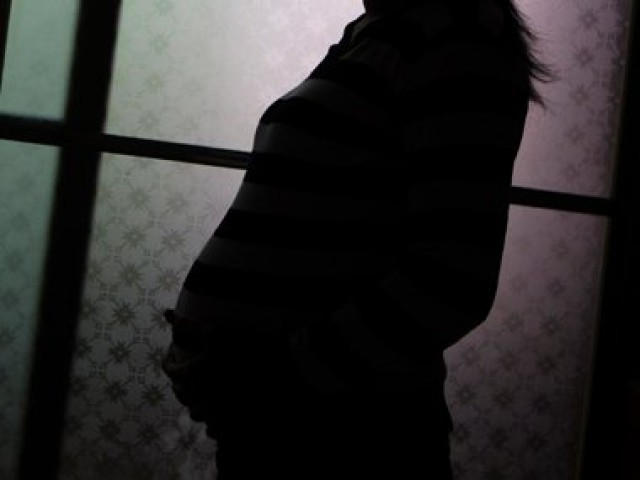Last Australian state poised to decriminalise abortion
New legislation will allow abortions to be performed by a doctor on request up to 22 weeks

PHOTO: Reuters
Under legislation dating back to 1900, women in New South Wales who have abortions and their doctors can be sentenced to up to 10 years' imprisonment. The procedure is only considered legal if the doctor believes the woman's physical or mental health is in danger.
A new bill that would overturn the 'archaic' law will come before the state's parliament this week and has support from across the political spectrum, including the health minister, the Sydney Morning Herald reported.
Alex Greenwich, the independent MP for Sydney who will introduce the bill, said on Sunday on Twitter it was an "overdue reform" that follows "decades of advocacy and hard work" by campaigners.
Prosecutions are rare in New South Wales but a woman was convicted in 2017 for attempting an abortion after taking pills she bought online.
The new legislation would allow abortions to be performed by a doctor on request up to 22 weeks, beyond which the consent of two doctors would be required.
Doctors who had a conscientious objection could opt out but would be obliged to refer patients on to another physician.
It would also make it illegal for an unqualified person to perform an abortion, with the offence punishable by up to seven years in jail.
Desperate measures: Pakistani women seek abortions as birth control
The bill has been welcomed by pro-choice advocates and doctors, with the Australian Medical Association's state branch saying in a statement it would remove "the stigma and legal uncertainty associated with abortion being included in the Crimes Act".
It comes after the northeastern state of Queensland state removed the procedure from its criminal code in 2018.
New South Wales last year introduced "safe access zones" around medical clinics and hospitals that provide terminations, a measure aimed at stopping anti-abortion protesters from harassing women.
The state previously voted down an attempt to decriminalise abortion in 2017, but the latest bill is thought to have a greater chance at success.
Greenwich said there was "strong support" for abortion law reform across the parliament, though he conceded some would be opposed to the measure.
"A member's personal and religious views may very well inform how they vote but I hope that people can put the interests of women first," he told the Herald.
Politicians will be given a so-called conscience vote, meaning they will not be required to vote along party lines.



















COMMENTS
Comments are moderated and generally will be posted if they are on-topic and not abusive.
For more information, please see our Comments FAQ